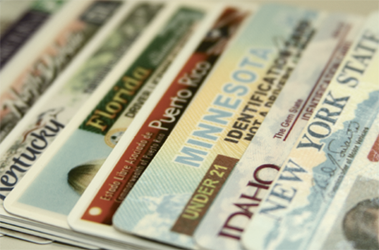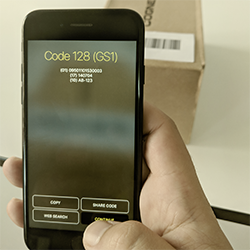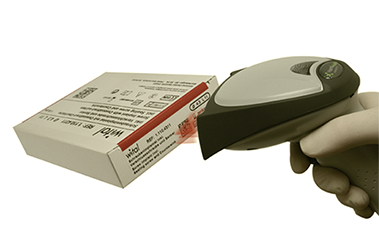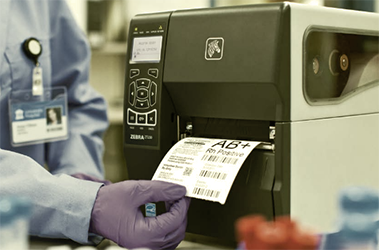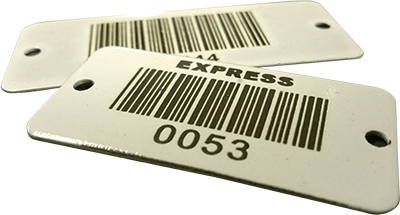Products
Explore
Cognex Mobile Barcode SDK Enterprise grade barcode scanning for mobile phones and tablets Cognex Mobile Barcode SDK for Web Barcode Scanning using a web browser with no native application Server/OEM Solutions Our core barcode decoding library for servers, OEM and other embedded platforms. Cognex Handheld/Mobile Terminal SDK iOS and Android application development for our rugged, high-performance devices. Cognex Barcode Readers Industrial, image-based barcode readers for manufacturing and logistic applicationsSolutions
Cognex Keyboard Add barcode scanning to mobile apps with our virtual keyboard for iOS and Android.Learn More
Platforms The Cognex Mobile Barcode SDK is available for Android, iOS, Windows, Linux, and more. Frameworks Support for many popular cross-platform environments like React, Flutter, Xamarin, and Cordova Symbologies Our SDK reads over 30 different 1D, 2D, Stacked, and postal barcode types. Parsers Work with industry standard data formats for driver's licenses, medical data, shipping info, and more.
Resources
Product
White Paper Read our white paper on 5 important topics to consider when choosing a barcode scanning library for your application. End-User License Agreement Our standard license agreement for all our SDK products. Contact Sales Need more information on our mobile products? Send your inquiries to our knowledgeable sales staff.
Developers


